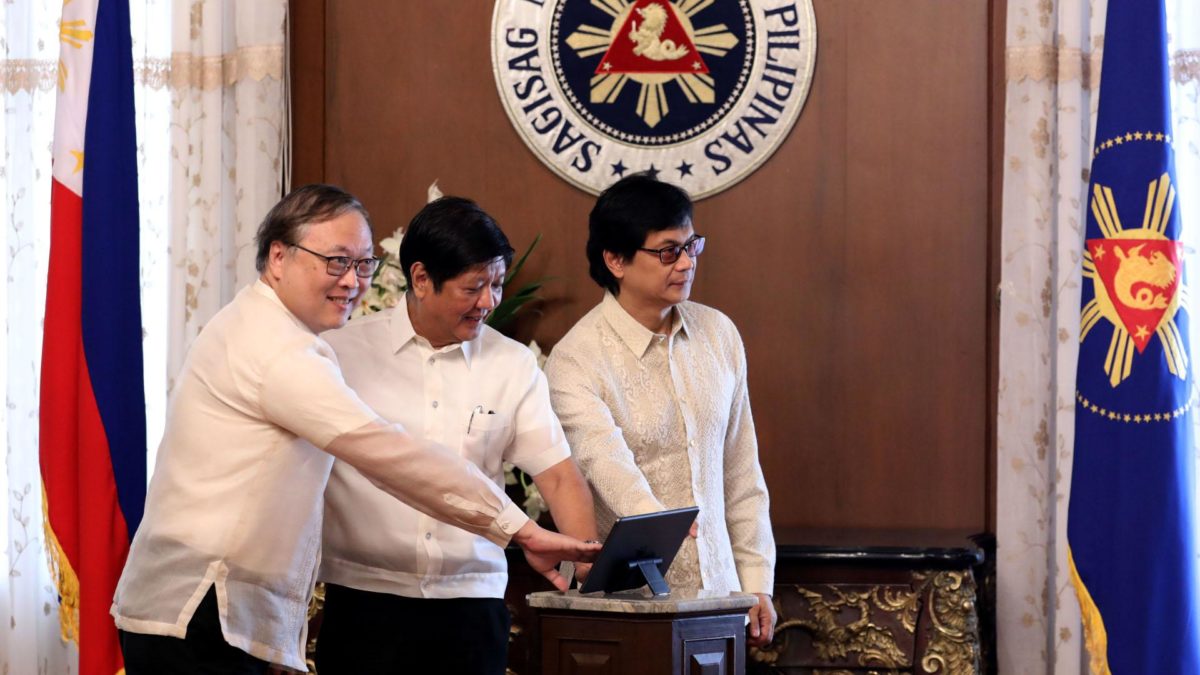(UPDATED) The Philippine education sector has long faced hurdles, which the COVID-19 pandemic exacerbated. At the top of these are students’ job-readiness, access to quality education especially in remote areas, and access to learning technologies.
The Department of Education (DepEd) would need P25 billion a year in the next three to five years to recover from the setbacks students and teachers have suffered since 2020, Education Undersecretary Epimaco Densing III said last December.
In his first State of the Nation Address (SONA), President Ferdinand Marcos Jr. breezed through the education sector, identifying only five general changes he wanted to implement for learners and teachers in the country. This is a task Vice President Sara Duterte-Carpio took on as Education secretary.
Six months after Duterte-Carpio was named concurrently as DepEd chief, she zeroed in on several pain points that students and teachers suffer under the current state of Philippine basic education. “Filipino learners are not academically proficient,” Duterte-Carpio said in late January, when she presented DepEd’s Basic Education Report 2023.
The report underscored the need to upskill both students and teachers and to build more “calamity-proof” school buildings. The Education secretary explained that only 32%, or 104,536 out of 327,851 school buildings in the country, are in “good condition” and that over 17,000 classrooms need to be built in the wake of the damage from Typhoon Odette in December 2021.
“Oftentimes, Filipino learners experience emotional abuse and exhaustion. Some Filipino learners suffer from psychological fatigue. And being academically insecure, many of them may fail to meet the standards of the demanding and competitive world. These are caused and triggered by conditions present at home, in our communities, and even in our schools as a result of problems ingrained in our system,” explained Duterte-Carpio.
She stressed the need to draft new curricula that are inclusive for all learners, including those with disabilities, and can improve students’ job-readiness.
However, aside from brick-and-mortar progress, the DepEd is setting its eyes on the digitization of the education sector. For this reason, the agency increased its target beneficiaries for its computerization program from 44,569 schools to 59,090 schools for 2022.
By the end of 2023, it aims for full distribution of information and communication technology packages to all target schools. Each package contains at least 46 laptops, one smart television, one wireless router, and two charging carts in Regions I, IV-B (MIMAROPA), VIII, and the Cordillera Administrative Region (CAR).
Here’s how the president fared in his promises on education, as seen in strides DepEd took over the last year:


